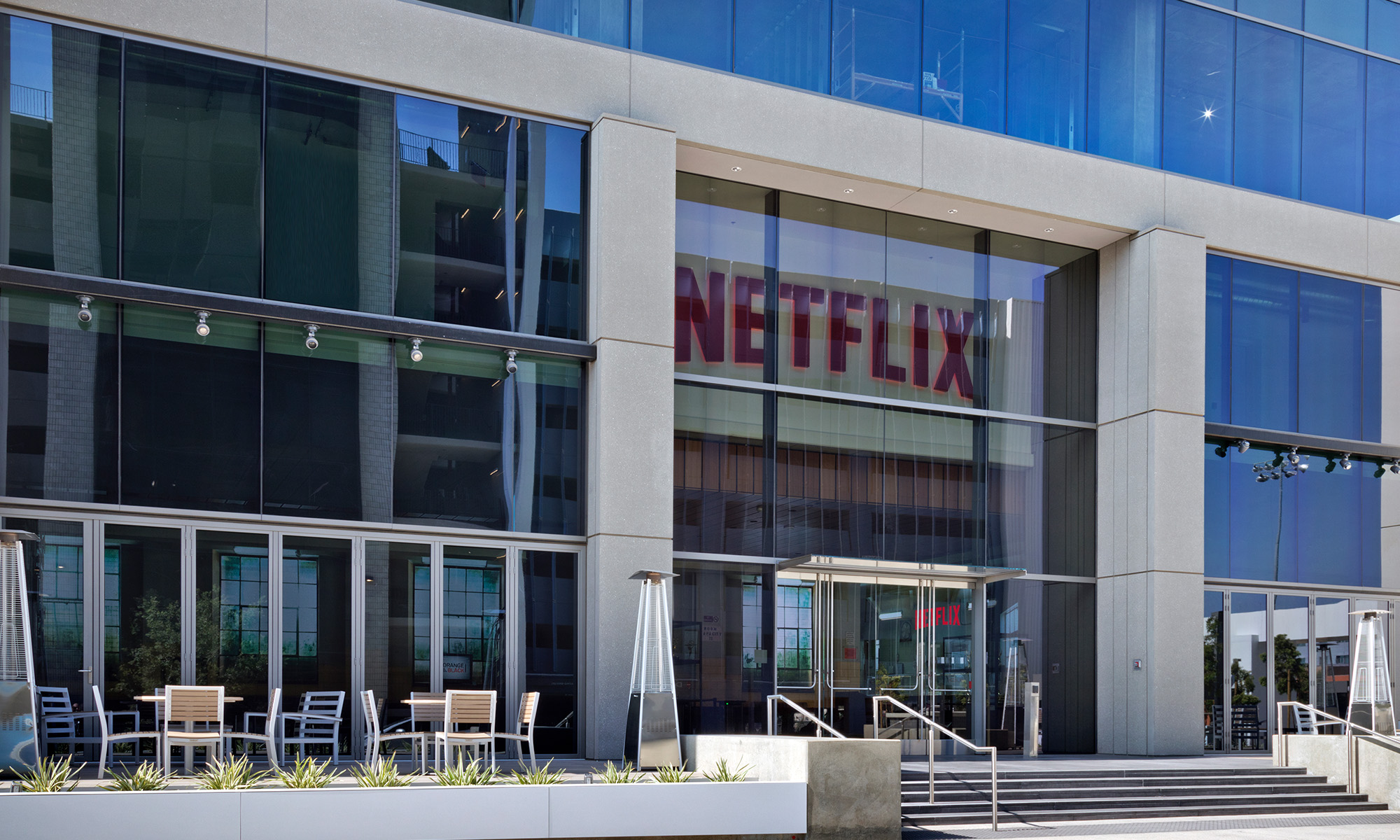Beasts of No Nation, Netflix's (NFLX 4.25%) first original film to be released simultaneously in theaters and on its streaming service, reportedly bombed at the specialty box office. According to a rival specialty distributor, the film only generated $50,699 in box office revenues during its opening weekend in 31 theaters -- an average of just $1,635 per theater.
That's pretty dismal, even for a film with a tiny budget of $6 million. But Netflix doesn't seem worried. A spokesman told Deadline that Netflix was still "very happy" with the film's streaming performance, but didn't disclose any metrics regarding viewership.

Beasts of No Nation. Source: Netflix.
Theater owners have staunchly opposed Netflix's plan of same-day theatrical and streaming releases. In the past, theaters profited from at least 90 days of exclusivity before a theatrical release reaches home audiences. Without that window, theaters argue, box office revenues would plunge. Moreover, any marketing theaters did for a film could encourage audiences to just watch the film at home. Earlier this year, Dalian Wanda's AMC, Regal, Cinemark, and Carmike all refused to screen Beasts, which forced the film into the specialty box office.
Netflix's theatrical ambitions
Netflix creates original TV shows and films to reduce content licensing costs and gain a competitive edge against rival services. As of last quarter, Netflix's streaming content obligations -- the amount it promises to pay studios to license future content -- rose 17% annually to $10.1 billion. But on a sequential basis, obligations only rose 3%, thanks to the company's focus on original content.
Extending that model to theaters helps Netflix build its brand and convince non-Netflix subscribers to sign up and watch those films at home. Theater chains, however, believe that most of Netflix's 69 million members worldwide wouldn't pay to watch a film they can see at home on a bigger screen, especially with a same-day release.
Netflix isn't alone
Netflix isn't the only company which has tried to shorten the theatrical release window. Four years ago, Comcast (CMCSA +1.44%) charged viewers $60 to watch Tower Heist on a "fast-tracked" VOD a few weeks after its theatrical release, but customers scoffed at the price tag.
Later that year, Time Warner (TWX +0.00%) launched same-day VOD versions of low-key films like Melancholia, Trespass, and Margin Call for $7 to $10. Last March, Warner convinced AMC to accept certain same-day VOD releases by renting out its theaters. Under that model, Warner collects box office sales, pays AMC rental fees between $5,000 to $20,000 per week, then pockets the difference. Regal and Cinemark, however, didn't agree to that proposal.
Media giants like Comcast and Time Warner favor same-day releases because theaters usually retain 20% to 80% of ticket sales, depending on the week of the release. As home entertainment systems and Internet speeds improve, studios can make more money by renting the film directly to the customer instead of going through theaters.
But Netflix's strategy is different
Since Netflix lets subscribers stream content endlessly instead of renting out a la carte content, it's hard to gauge how successful Beast of No Nation actually is. But past figures indicate that viewers often prefer VOD over theaters for specialty titles. For example, Radius' Before We Go only generated $37,000 at the specialty box office but raked in $1.5 million in VOD sales.
Beasts of No Nation's budget of $6 million is also considered low by Netflix standards. Marco Polo's first season of ten episodes cost a whopping $90 million to produce. Considering that Beasts of No Nation reached theatrical audiences in addition to Netflix subscribers, it would be premature to call it a failure.

Marco Polo. Source: Netflix.
Bigger bets ahead
Netflix investors shouldn't fret over Beasts' weak box office numbers, but much bigger bets are ahead. These films include Adam Sandler's The Ridiculous Six, Crouching Tiger, Hidden Dragon 2, Pee-Wee's Big Holiday, and War Machine. War Machine, which stars Brad Pitt, could be Netflix's priciest original film to date with a budget of $40 million.
Netflix likely hopes that strong demand for these films will force theaters to reconsider their position on same-day releases. But during the company's second quarter conference call, COO Ted Sarandos admitted that Netflix's theatrical releases were still "mostly symbolic" attempts to showcase the theatrical quality of its productions, instead of a full-scale attempt to disrupt the theatrical release model.
For now, investors should view Netflix's theatrical releases as promotional showcases instead of meaningful sources of revenue. That might change over time if theaters soften their stance, but it's unlikely that Netflix's theatrical releases will turn the business upside down overnight.







